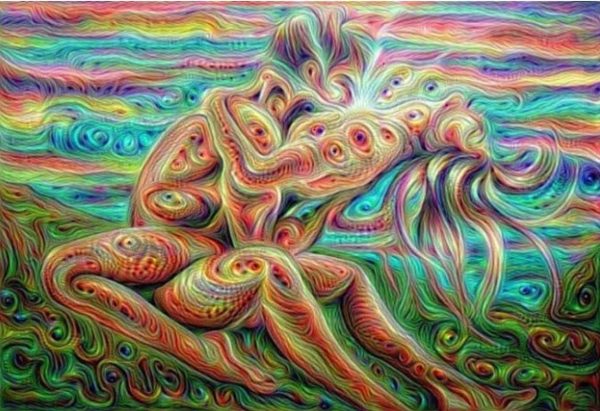Lust
Here are 3 quotes from the book «Amma — The Divine Mother» with teachings from Padmavathy Amma on consciously dealing with lust:
Sexual desire is a part of creation [life, nature], but it should not become an addiction. Just like the body hungers for food, the mind aches for lust. These thoughts are the food on which the mind subsists. If the mind gets addicted to this food, it becomes an obsession. All that you can do is be conscious of the psychological activity and not get addicted to it.
Every human being feels lonely at heart. This need for another has been instilled by nature for procreation. At a deeper level, it is lust that manifests as loneliness. You could, of course, use willpower and suppress it temporarily, or at best manage loneliness inside.
Only when you are enlightened could you transcend loneliness, as you then feel connected to everything and everyone.
One needs to be conscious of it [consciously get in touch with it when it arises]. That is all.
![]()
Kalki Bhagavan, the husband of Padmavathy Amma, says:
Lust can be classified as biological and psychological. Biological lust is a mechanism installed by nature for the survival and continuation of the species. It is never a problem. It is an energy helpful for [a] higher evolution in consciousness.
The problem is when its origins are psychological. Lust is triggered when there is fear or insecurity or when you’re engaged in an activity [that is] not to your liking, or when you suffer from boredom or meaninglessness. Elevated levels of fear in terms of the future or fear of failure, or fear that you might be rejected in your relationships is often the cause of lust becoming a problem. All this is perceived by the brain as a threat to survival, and hence, the survival mechanism is activated, which translates into lust. And secondly, doing something that you detest [dislike] provokes lust in the human system, as you always tend to evade pain or discomfort through pleasure.
Let us look into the example of a youth who was distressed with uncontrollable lust as he took up a branch of study which he never appreciated. The boy was not happy with what he was doing. Not able to flourish in his study, he suffered enormous insecurity, which in turn triggered the lust mechanism in him. Until he worked on his [sense of] insecurity and accepted his field, the boy could not overcome the problem. But once he saw this and overcame his insecurity, his inordinate lust just disappeared.
Since lust is only a manifestation of your deep-rooted fears and your abhorrence [disgust, dislike] of certain activities, intelligence demands that you deal with the problem, not the symptom. Focus on resolving your anxieties and loving what you’re doing. Then, surprisingly, you will find a decline in lust.

![]()
Share this post via:
